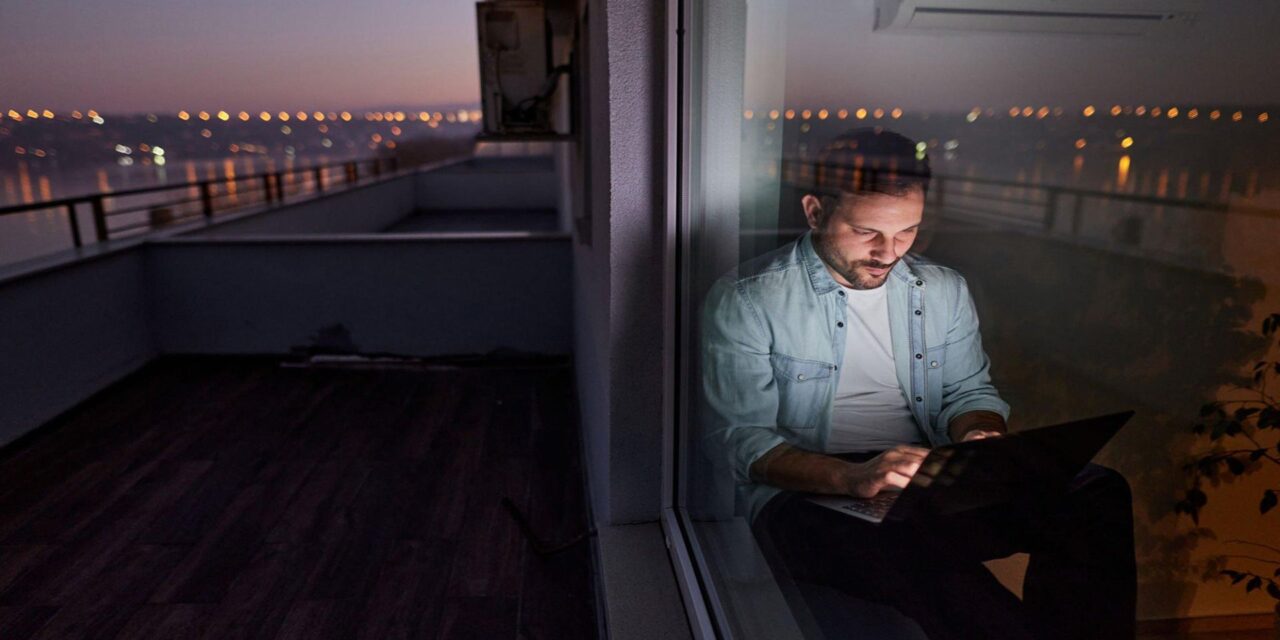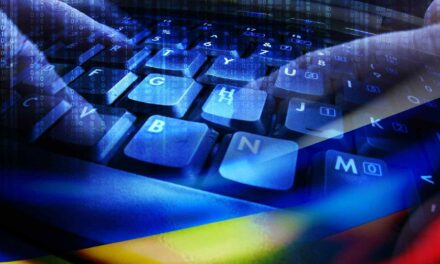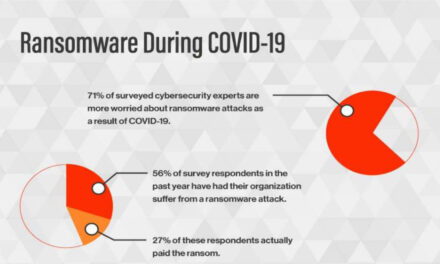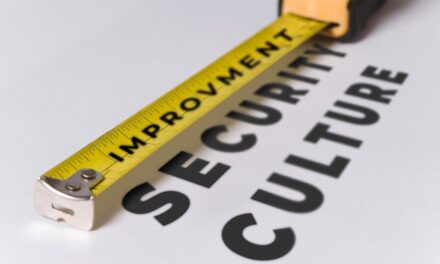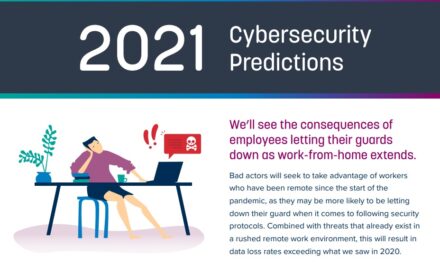When working from home or outside the office, cyber hygiene is as vital as hand and face hygiene.
As companies have implemented their Business Continuity Plans (BCP) and more people are working from home or remotely, here are five tips to ensure that remote computer systems do not get infected.
- Do not download unknown media files
You might be looking for videos for work, but watch out for untrusted media files. Do not open or download files from sources that you are not familiar with. You could be setting yourself up to be a victim of a larger attack: these download links could be ransomware or spyware in disguise that could lock your device or monitor your activities. - Don’t let hackers phish for your personal data
Be careful when opening emails or checking out breaking news updates that appear to be from trusted organizations. You never know when they might be phishing emails. These emails are out to get you to either download malware or worse, expose your credentials. Your credentials, if given up, could make you a victim of a credential stuffing attack. - Watch out where you log on
While working remotely in cafes, be careful when logging onto public WiFi networks as you are exposing your device to WiFi spoofing attackers. Make sure the network you are on is secure, as WiFi spoofing attacks continue to be common in public places. If you are targeted, an attacker will be able to eavesdrop on what you do on your computer. Your organization can and should help you install a virtual private network service as a shield against public WiFi. - Lock your computer when AFK
While working offsite and outside of home, there may be times when you are not physically minding your laptop. Never leave your device accessible in public: you never know who is on the lookout for careless users. Adopt the habit of locking your laptop when you have to leave it, even for a short while. A few minutes is all the time an attacker needs to install a remote access trojan on your device. - You can never be too careful
Attackers are always on the lookout for new ways to exploit those who aren’t vigilant about cyber hygiene. Even with your best efforts, attackers can leverage a multitude of cyberattack techniques to breach your data. So, it always helps to be extra cautious especially when dealing with sensitive information. If your platforms or devices support Multi-Factor Authentication (MFA) and/or remote data-erasure features in case of theft, enable them for an added layer of protection, if and when your device is ever compromised.




